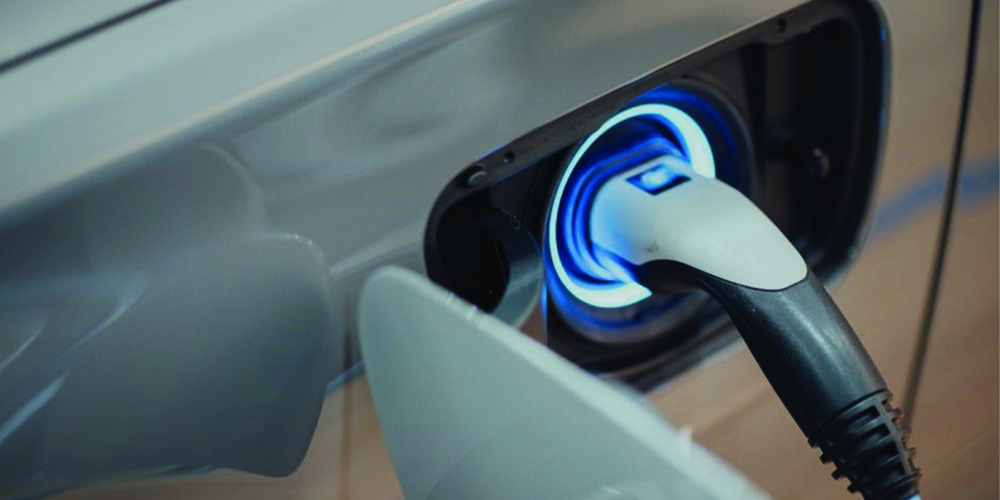A technician working on vehicles is a no brainer when it comes to operations at a service repair shop. But as a shop owner, what are you working on?
One of the most important jobs you have is to make sure your customer is satisfied and that they return to your shop in the future for additional repairs or preventive maintenance.
In April, Consumer Reports (CR) released its Annual Auto Survey that asks car owners how satisfied they were with auto repairs performed by dealerships and independent shops in the previous 12 months. This year, the findings on repair service were based on more than 67,000 reports on service visits to independent mechanics and 101,000 service visits to new car dealerships by CR subscribers.
As in past years, most car owners prefer taking their vehicles to independent shops rather than dealerships for repair work. But for the first time, CR re-contacted 5,400 of the respondents and asked about their specific repair gripes. Of that group, about 75% said they were either completely or very satisfied with their repair shop. That’s some good news for our industry.
But, positive news about an industry doesn’t often generate interest, so the magazine highlighted the negative aspects of their survey.
Their data revealed that 27% weren’t satisfied with the work on their vehicle. However, of that group, nearly 40% cited high prices as a reason for dissatisfaction. (It should be noted that this is a more common complaint for dealerships [42%] than for independent shops [32%], which also is good news for independent repair shops.)
Now, I don’t know about you, but these days, most consumers rarely boast how inexpensive the service was from a particular business. Routine medical bills are expensive, cable or Internet service costs too much, fuel prices remain high compared to what we would like to pay, and food costs have risen.
Even movie theaters have seen a reduction in patrons, as a growing number of people are preferring to watch movies in their homes a handful of months later from a film’s release date in the theaters, where a couple of tickets, popcorn and drinks can cost close to $30 or more.
Americans are good at complaining about today’s costs and they like to reflect upon the good ‘ole days when things were cheaper. So for me, customers taking issue with the price of vehicle service is just part of the cost of doing business.
The second most-common complaint among the unsatisfied group (remember, only 27% of those surveyed) was that about 25% said their car’s problem wasn’t fixed properly. This complaint was reported at the same rate at dealers and independent shops. To me, 25% of 27% is a small number of respondents.
And, respondents were “asked about their specific repair gripes.” So, without realizing, respondents were already thinking negatively about their vehicle repair experience.
So what can you do? Well, dissatisfaction will prompt a vehicle owner to switch shops.
Of the re-contacted subscribers, almost a quarter revealed that in the past five years, they’d had a vehicle repaired at a shop they no longer use because of problems with their service experience.
(That would also mean that in the past five years, more than 75% of respondents continue to take their vehicle to the same shop for service.)
Almost half of that group cited that negative experience was at a dealership, a third saying it was an independent shop, and a fifth citing a franchise chain similar to Midas or Sears.
So, your job is to help the customer understand the value they are receiving for their vehicle repair.
If you can’t allow customers in the work area, provide them a look at the worn parts your techs replaced. Also, have them contact you for approval if the repair will cost more than the estimate, eliminating any “surprise” repair bill total.
And, if possible, have a tech or service writer go on a test drive with the customer following a repair.
By providing them improved customer service and making them feel that they are getting more for their money than at other shops, soon they will be bragging on you and in turn, help bring more loyal customers to your shop. And that is work that really pays off.
For more information regarding Consumer Reports’ survey on car repair shops, visit www.ConsumerReports.org.
E-mail us your thoughts at [email protected].













